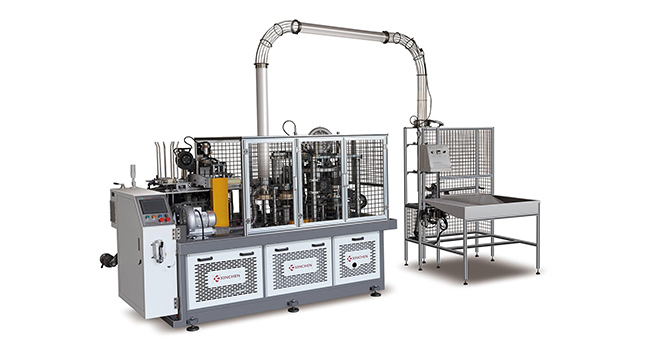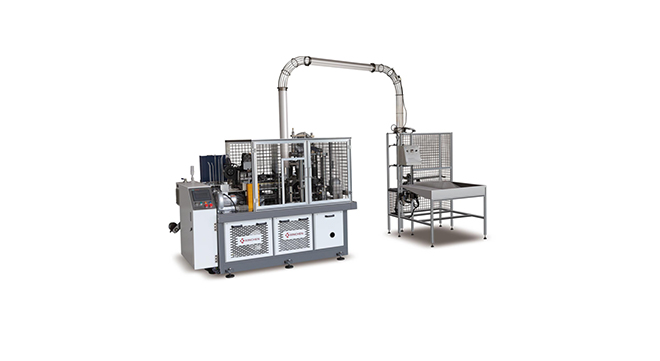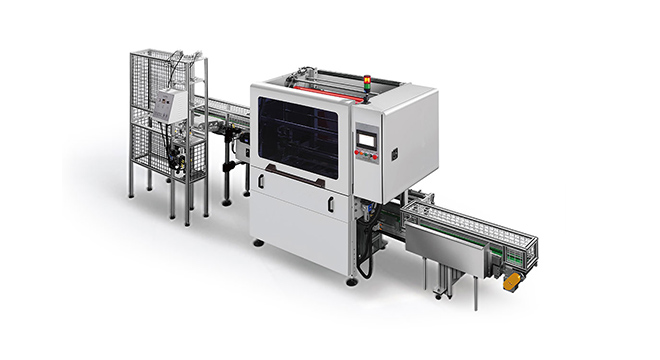When purchasing a paper bowl machine, the following aspects can be used to judge whether the after-sales service is perfect:
1. Technical Support Capability
1.Installation and Commissioning Service
A perfect after-sales service should include professional equipment installation and commissioning. The supplier should dispatch technicians to the site to ensure the normal operation of the paper bowl machine. During the installation process, technicians can accurately calibrate and test the equipment to check whether all components are working properly. For example, adjust the temperature parameters of the heating system and test the various functions of the electrical control system.
At the same time, technicians will also conduct detailed training for the enterprise's operators, including the basic operation process of the equipment, such as startup, shutdown, and adjustment of production parameters, as well as the key points of daily maintenance, such as cleaning the machine body and checking the wear of wearing parts. Through this on-site guidance and training, operators can become familiar with the equipment more quickly and reduce equipment failures caused by improper operation.
2.Fault Resolution Efficiency
When the paper bowl machine fails during use, the response speed of the after-sales service team is crucial. Excellent suppliers can provide multiple ways to solve faults. For example, communicate with the user by phone to initially determine the cause of the fault and guide the user to perform some simple troubleshooting and repair operations. For some more complex faults, they can use remote diagnosis technology to analyze the operating data of the equipment through the intelligent module or related software on the equipment to quickly locate the problem.
2. Timeliness of Spare Parts Supply
1.Spare Parts Inventory Management
A perfect after-sales service system requires good spare parts inventory management. The supplier should establish a complete spare parts warehouse to ensure that there is sufficient inventory of commonly used wearing parts. For example, the heating elements and molds of the paper bowl machine are easily damaged during the long-term operation of the equipment and need to be replaced in time. If the supplier has sufficient spare parts inventory, it can quickly ship the parts after receiving the user's order for replacement parts.
2.Spare Parts Delivery Speed
In addition to ensuring inventory, the delivery speed of spare parts is also an important indicator for judging after-sales service. Ideally, for commonly used spare parts, the supplier should be able to ship within a week, which can effectively reduce the downtime of the equipment due to lack of spare parts. Moreover, the supplier should also provide accurate logistics information of spare parts so that users can timely understand the transportation status of spare parts and facilitate the enterprise to arrange production plans.
3. Continuity and Expandability of After-Sales Service
1.Long-Term Service Commitment
High-quality after-sales service usually has a long-term service commitment. The supplier should clearly inform the user of the validity period of the after-sales service and continuously provide technical support and spare parts supply services to the user within this period. For example, some suppliers will provide a 1 - 3-year warranty period. During the warranty period, they will repair the non-human-damaged equipment parts for free, which reflects the supplier's confidence in the quality of its products and its responsible attitude towards users.
2.Service Content Expansion
With the development of technology and the change of enterprise needs, the after-sales service content should also be able to expand accordingly. For example, when the software of the paper bowl machine needs to be upgraded to optimize the production process or add new functions, the supplier should be able to provide software upgrade services in a timely manner. Or when the enterprise has new production requirements and needs to modify the equipment to a certain extent, the supplier should also have the ability to provide corresponding technical support and modification plans.

 Nov 13,2024
Nov 13,2024








